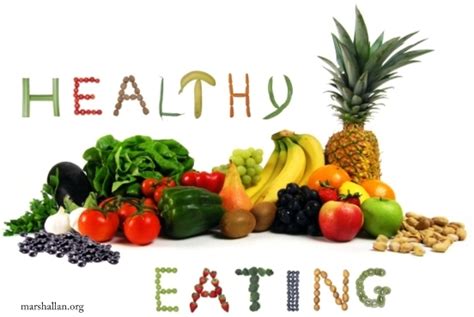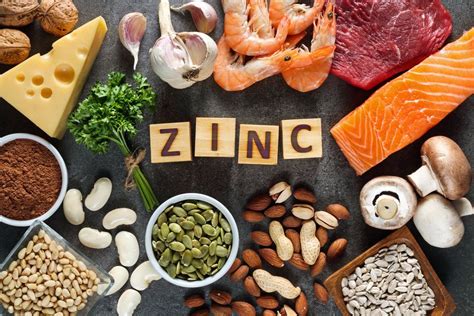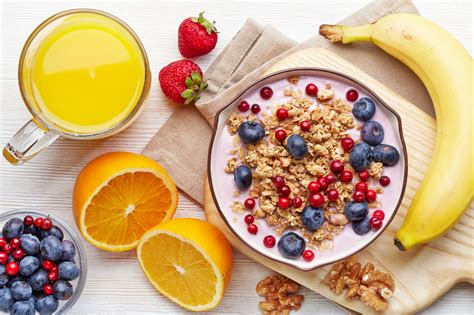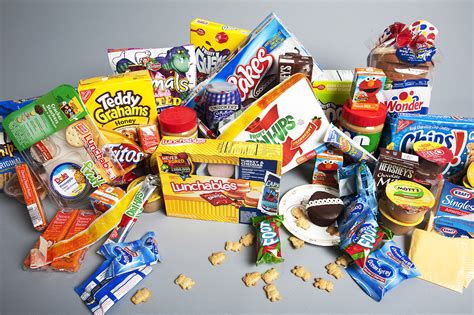Fueling Male Vitality: The Dietary Connection to Energy and Testosterone
For men seeking to optimize their vitality, energy levels, and hormonal balance, diet plays a profoundly influential role. Far beyond just powering daily activities, the foods we consume directly impact the production of key hormones, including testosterone, which is crucial for muscle mass, bone density, mood, and libido. Understanding which foods serve as optimal fuel can be a game-changer for male health.

The Foundational Role of Specific Nutrients
Testosterone production and sustained energy rely on a complex interplay of vitamins, minerals, and macronutrients. Deficiencies in certain areas can lead to reduced energy, fatigue, and lower testosterone levels. Conversely, a diet rich in specific micronutrients and healthy macros can support robust hormone function and consistent energy throughout the day.
Key Nutrients for Testosterone and Energy Enhancement:
- Zinc: This essential mineral is critical for testosterone production. Studies show that zinc deficiency can lead to significant drops in testosterone.
- Vitamin D: Often called the “sunshine vitamin,” Vitamin D acts like a steroid hormone in the body and is directly linked to testosterone levels. Low levels are associated with lower testosterone.
- Magnesium: Involved in over 300 biochemical reactions in the body, magnesium helps improve sleep quality (crucial for testosterone) and reduce inflammation, indirectly supporting hormone health.
- Healthy Fats: Cholesterol, a precursor to testosterone, is synthesized from dietary fats. Monounsaturated and polyunsaturated fats are vital for hormone production and overall cellular health.
- Protein: Essential for muscle repair and growth, adequate protein intake supports a healthy body composition, which in turn can positively influence testosterone levels.
- Complex Carbohydrates: These provide sustained energy, preventing blood sugar crashes that can stress the endocrine system and negatively impact hormone balance.
Foods to Prioritize for Optimal Male Fuel
Protein Powerhouses:
Lean meats like grass-fed beef, chicken, and turkey are excellent sources of protein, zinc, and B vitamins. Eggs, particularly the yolks, provide protein, healthy fats, and Vitamin D. Fish such as salmon, mackerel, and tuna are rich in Vitamin D and Omega-3 fatty acids, which are crucial for heart health and hormone function.

Zinc and Magnesium Mavens:
- Oysters: Arguably the best dietary source of zinc, oysters are a powerful testosterone booster.
- Pumpkin Seeds: High in zinc and magnesium, these are an easy snack to incorporate.
- Spinach and Kale: Leafy greens are packed with magnesium, an often-overlooked mineral vital for energy and sleep.
- Nuts (Almonds, Cashews): Good sources of magnesium and healthy fats.
Healthy Fat & Vitamin D Champions:
- Avocados: Rich in monounsaturated fats, which are critical for hormone production.
- Olive Oil: Another excellent source of monounsaturated fats and antioxidants.
- Fatty Fish (Salmon, Sardines): As mentioned, these are top-tier for Omega-3s and Vitamin D.
- Fortified Dairy/Plant Milks: Can be good sources of Vitamin D if exposure to sunlight is limited.

Complex Carbohydrates for Sustained Energy:
Whole grains like oats, quinoa, and brown rice provide sustained energy and fiber. Sweet potatoes and other root vegetables offer complex carbs and a wealth of vitamins and minerals.
Foods to Limit or Avoid
Just as important as what you eat is what you limit. Processed foods, high in refined sugars, unhealthy trans fats, and artificial ingredients, can lead to inflammation, weight gain, and disrupt hormone balance. Excessive alcohol consumption can also negatively impact testosterone production and overall energy levels.

Beyond the Plate: Lifestyle Factors
While diet is foundational, remember that optimal energy and testosterone levels are also heavily influenced by lifestyle. Regular exercise, particularly strength training and high-intensity interval training (HIIT), adequate sleep (7-9 hours per night), and effective stress management are all critical components that work synergistically with a nutrient-rich diet.

Conclusion
Harnessing the power of food to boost male energy and testosterone is an achievable goal. By focusing on a balanced diet rich in zinc, Vitamin D, magnesium, healthy fats, quality protein, and complex carbohydrates, men can lay a strong nutritional foundation for sustained vitality and hormonal well-being. Coupled with a healthy lifestyle, these dietary choices can significantly contribute to an energetic and thriving life.




